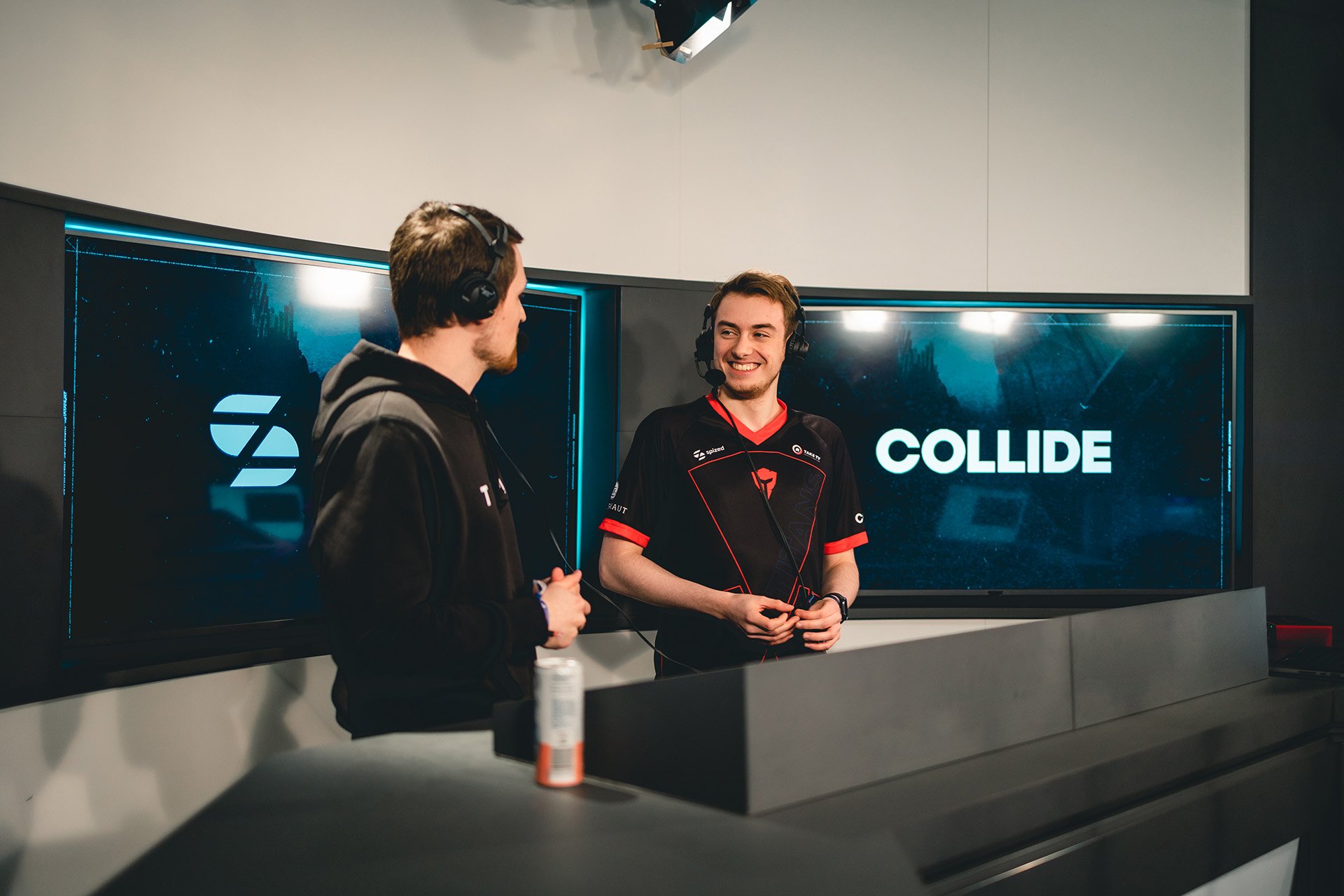When creating the rulebook, it is important to clarify the final formalities and create a precise schedule.
Make sure that the structure and set-up of your e-sports tournament is clear. This will make it easier for the invited players to take part in your e-sports tournament and save you from having to answer questions about general playing conditions. When creating the schedule, be sure to provide the following information:
- Date: On which day does your tournament start?
- Time: What time do the players or teams start?
- Duration: How long does the e-sports tournament last? Several hours or a few days?
Anyone who organises an e-sports tournament also enjoys domiciliary rights. This means that you as the organiser can decide who has access to the respective rooms.
However, the organiser also sets game-specific house rules or rules. You certainly want to prevent players or teams from gaining unfair advantages through bugs or glitches. If necessary, define a ban in the rulebook so that the e-sports tournament is fair for all participating players. The same applies to the use of cheats or bots.
Clearly formulated house rules, netiquette or a detailed set of rules help all participants to behave in a fair and compliant manner. This allows all participants to experience a pleasant and fun e-sports tournament.
Use digital tools to record rankings
Complicated and custom-made Excel tables are a thing of the past! To record rankings, you should focus on modern methods. Ideally, you should use the digital tools of platforms such as RUSH.GG or Battlefy. On such platforms, you can manage gaming IDs, enter the game formats and game modes and
create tournament trees or rankings. The distribution of winnings can also be managed via digital tools. The participating players always want to be informed about the current status - transparent, digital gaming tools prevent the tournament management from being constantly confronted with queries about game statuses.






.png)




